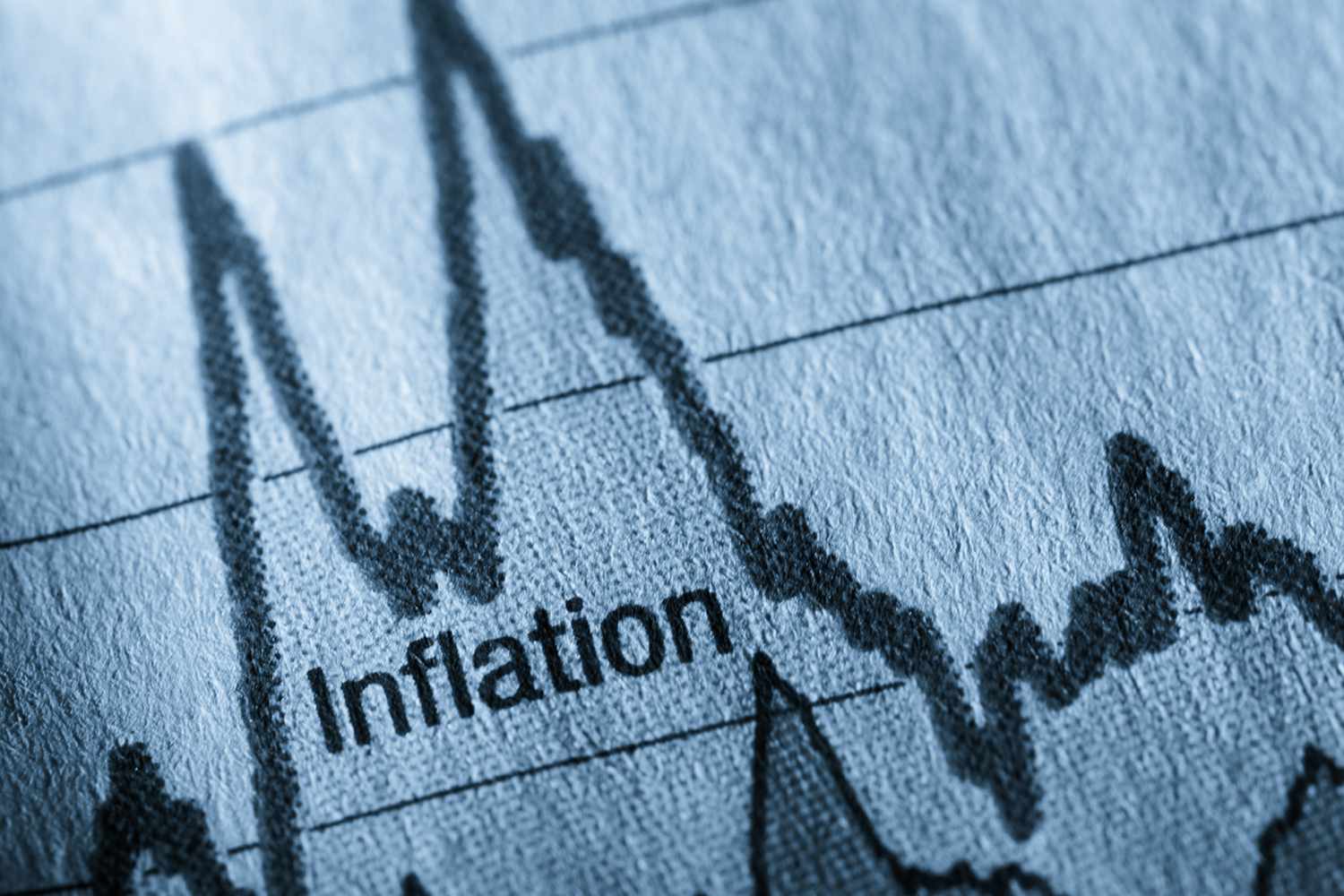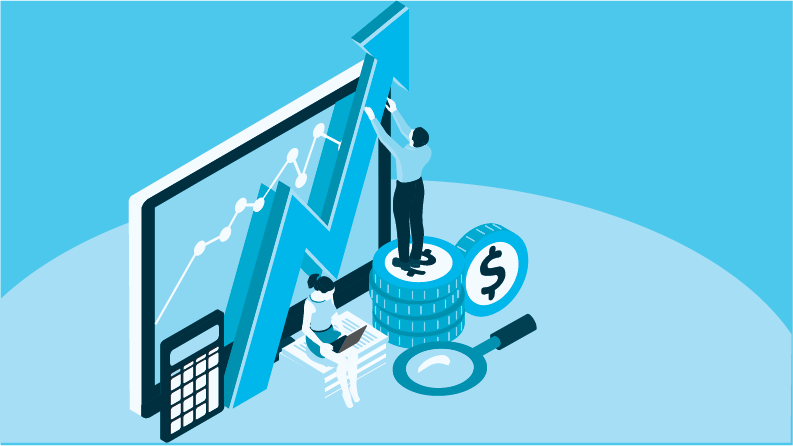Inflation is an economic concept that refers to the general increase in prices of goods and services over time. While moderate inflation is a normal part of a growing economy, its effects on your savings and investments can be significant. Understanding how inflation impacts your financial health is crucial for making informed decisions and ensuring your money retains its value over time.
The Erosion of Purchasing Power
One of the primary impacts of inflation is the erosion of purchasing power. As prices rise, each unit of currency buys fewer goods and services. For example, if the annual inflation rate is 3%, something that costs $100 today will cost $103 a year from now. This means that if your savings are not growing at a rate that outpaces inflation, their real value is decreasing.
For savers, this can be particularly concerning. Traditional savings accounts and low-yield investments may offer interest rates that do not keep pace with inflation. As a result, the real value of the money in these accounts diminishes over time.
Inflation and Investments
Inflation also has a profound effect on investments. Different types of assets react differently to inflationary pressures:
- Stocks: Equities are generally considered a good hedge against inflation. Companies can often pass increased costs onto consumers in the form of higher prices, which can support revenue and profit growth. However, high inflation can lead to increased interest rates, which may negatively impact stock valuations.
- Bonds: Fixed-income investments like bonds are particularly vulnerable to inflation. As inflation rises, the fixed interest payments from bonds are worth less in real terms. Inflation-linked bonds, such as Treasury Inflation-Protected Securities (TIPS), can offer some protection as their principal and interest payments adjust with inflation.
- Real Estate: Property investments can provide a hedge against inflation. Real estate values and rental incomes tend to increase with inflation, preserving the purchasing power of your investment.
- Commodities: Physical assets like gold, oil, and agricultural products often perform well during inflationary periods. Their prices typically rise along with general price levels, offering a direct hedge against inflation.
Strategies to Combat Inflation
To protect your savings and investments from the adverse effects of inflation, consider the following strategies:
- Diversification: A well-diversified portfolio can help mitigate the risks associated with inflation. Combining different asset classes, such as stocks, bonds, real estate, and commodities, can provide balance and reduce vulnerability.
- Investing in Equities: Given their potential to outpace inflation, investing a portion of your portfolio in equities can be beneficial. Focus on companies with strong pricing power and the ability to grow profits in an inflationary environment.
- Inflation-Protected Securities: Consider adding inflation-protected securities to your portfolio. TIPS and similar investments can help preserve your purchasing power by adjusting for inflation.
- Real Estate Investments: Real estate can be a solid hedge against inflation. Investing in properties that generate rental income or in real estate investment trusts (REITs) can provide income and appreciation potential.
- Commodities: Allocating a portion of your portfolio to commodities can offer direct exposure to inflation-sensitive assets. Gold, in particular, is often viewed as a safe haven during inflationary periods.
Modern Consideration
In today’s digital age, even leisure activities like gambling are influenced by inflation. The rise of fast payout online casinos allows players to access their winnings quickly, which can be advantageous in an inflationary environment. Rapid access to funds ensures that the value of winnings is not eroded by inflation over time, highlighting the importance of liquidity in managing financial resources effectively.
Inflation is an unavoidable economic phenomenon that can significantly impact your savings and investments. By understanding its effects and implementing strategies to combat its erosion of purchasing power, you can better protect and grow your financial resources. Diversification, investment in equities, inflation-protected securities, real estate, and commodities are all effective tools to safeguard your wealth. Additionally, considering modern financial conveniences can also play a role in managing inflation’s impact on your personal finances.
Keep an eye for more latest news & updates on Internal Insider!










